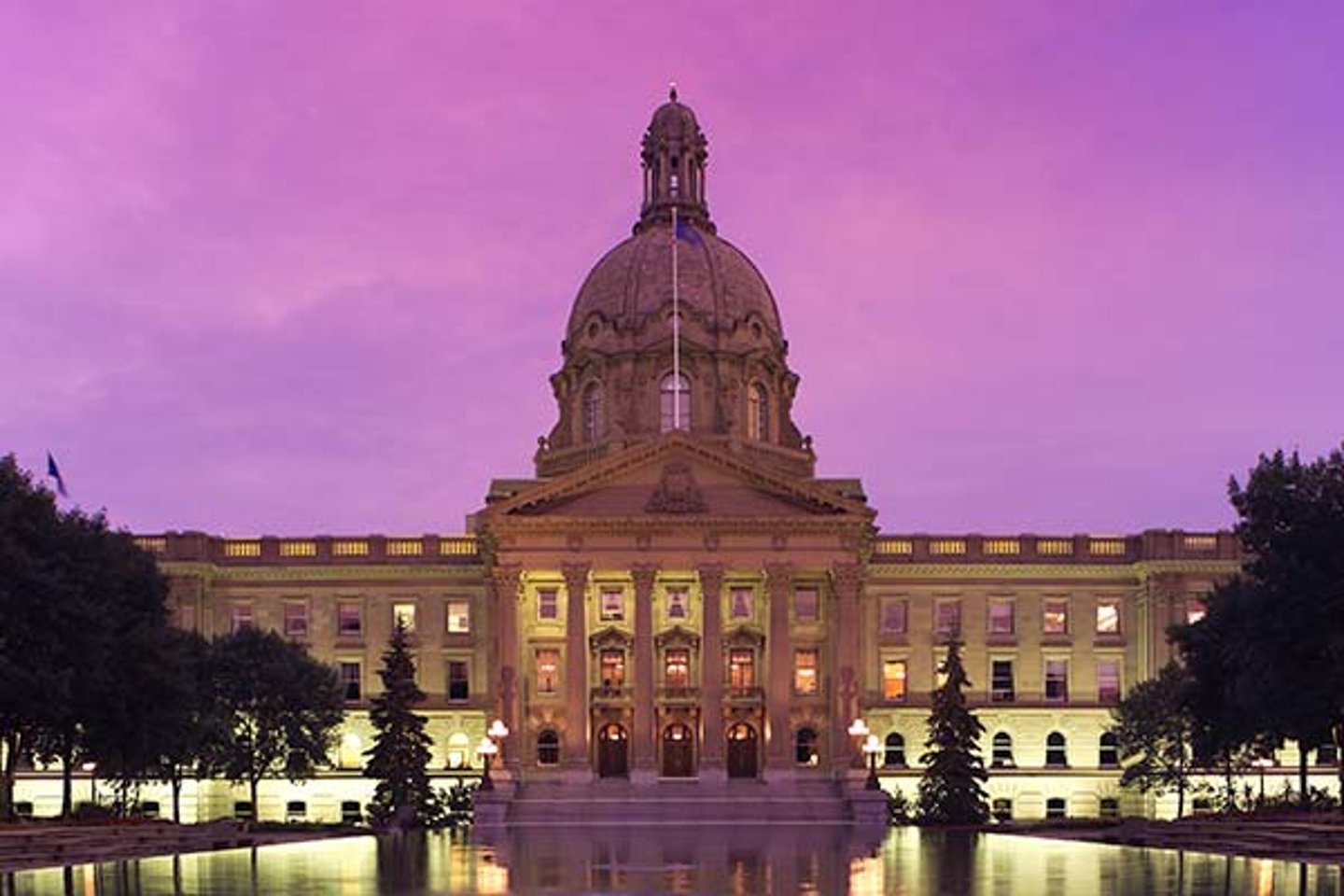Albertans will see lower taxes, except for tobacco, vaping products and EVs
Alberta prides itself on lowering taxes and its latest provincial budget promises lower taxes for its citizens.
Alberta finance minister Nate Horner stood before his fellow MLAs to present the government’s 2024-25 budget, announcing that “this government is committed to making life better for all Albertans – those who have been here for decades, along with those who have chosen Alberta as their new home.”
“Budget 2024 is a Responsible Plan for a Growing Province. It’s founded on our duty to make decisions that strike the right balance. That means spending on the important programs and services and infrastructure that Albertans deserve and expect.”
This year’s budget projects the province’s debt for 2024-2025 to be $78.4 billon with debt servicing costs of $3.4 billon. Revenue is expected to be $73.5 billion with expenses of $70.4 billion.
Albertans will also see savings on their taxes with the province introducing a new personal income tax bracket of 8% on the first $60,000 of income, a savings of some $760 annually for persons once that new tax bracket come into effect.
However, those savings will come with taxes going up for tobacco, vaping products and electric vehicles.
In a section of the province’s budget titled ‘Protecting Public Health’, the province says that “Smoking and vaping continue to be serious public health issues in Alberta, causing considerable harm to many Albertans. Taxation has been a key component of Alberta’s past public health efforts and remains an effective tool for motivating people to quit using tobacco and vaping products and discouraging Albertans from taking up the practice.”
To that end, Alberta says that following the Budget 2022 commitment, the province will join the existing federal-provincial coordinated vaping tax framework.
Under that framework, the federal government has applied a tax on vaping substances at the following rates since October 2022:
• $1 per 2 millilitre (mL) or gram (g), or fraction thereof, for the first 10 mL/g of vaping substances in the vaping device or container, plus
• $1 per 10 mL/g, or fraction thereof, for amounts over the first 10 mL/g.
“Starting as early as January 1, 2025, vaping substances sold in Alberta will also be subject to a provincial tax at the same rates. The federal government will administer the collection of the coordinated tax at no cost to Alberta. The provincial vaping tax is expected to generate $4 million in revenue in 2024-25. Revenue is anticipated to increase to $18 million in 2025-26.”
Beginning March 1, 2024, the tax on cigarettes will increase by 2.5 cents to 30 cents per cigarette and the tax on smokeless tobacco will rise by 7.5 cents to 35 cents per gram. With these increases, Alberta’s tobacco tax rates on cigarettes and smokeless tobacco will be comparable to tobacco tax rates in neighbouring provinces.
To tackle contraband tobacco, the province announced it “will establish a cross-ministry/agency working group, led by the Ministry of Treasury Board and Finance, to assess the prevalence of contraband tobacco in our province and identify appropriate policy measures to combat it. The government is allocating additional operating funding to support this initiative.”
Those looking to purchase an electric vehicle will also find themselves paying more. As part of its budget plans, the Alberta government announced a new $200 annual tax on EV that will begin on January 1, 2025. This new tax will be paid when owners of EVs register their vehicles, on top of the province’s existing registration fee.
The tax will not apply to owners of hybrid vehicles.
Details of this new tax are scant, with the budget documents saying only that details will be presented to the provincial legislature this coming fall. However, the reason for this tax was hinted at in the budget document where it stated: “EVs tend to be heavier than similar internal combustion vehicles and cause more wear and tear on provincial roadways while their owners pay no fuel tax. While fuel tax revenue is not dedicated to funding construction and maintenance of provincial roads, there are nevertheless fairness concerns with drivers of other vehicles and longer-term challenges associated with declining fuel tax revenue.”




